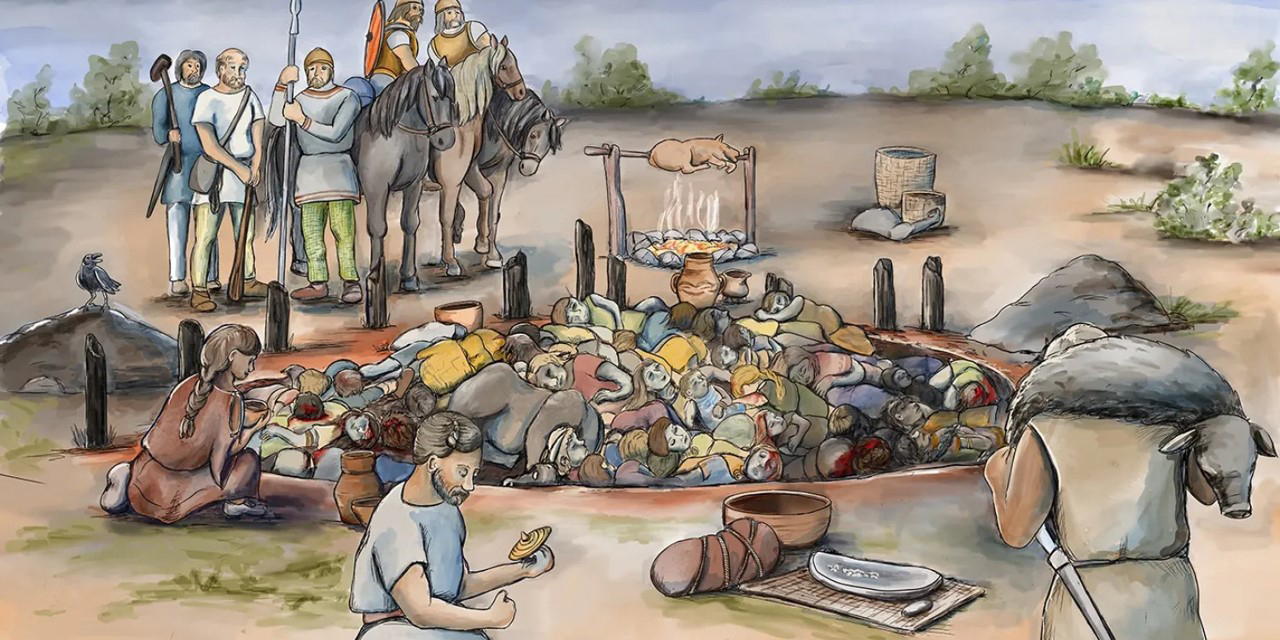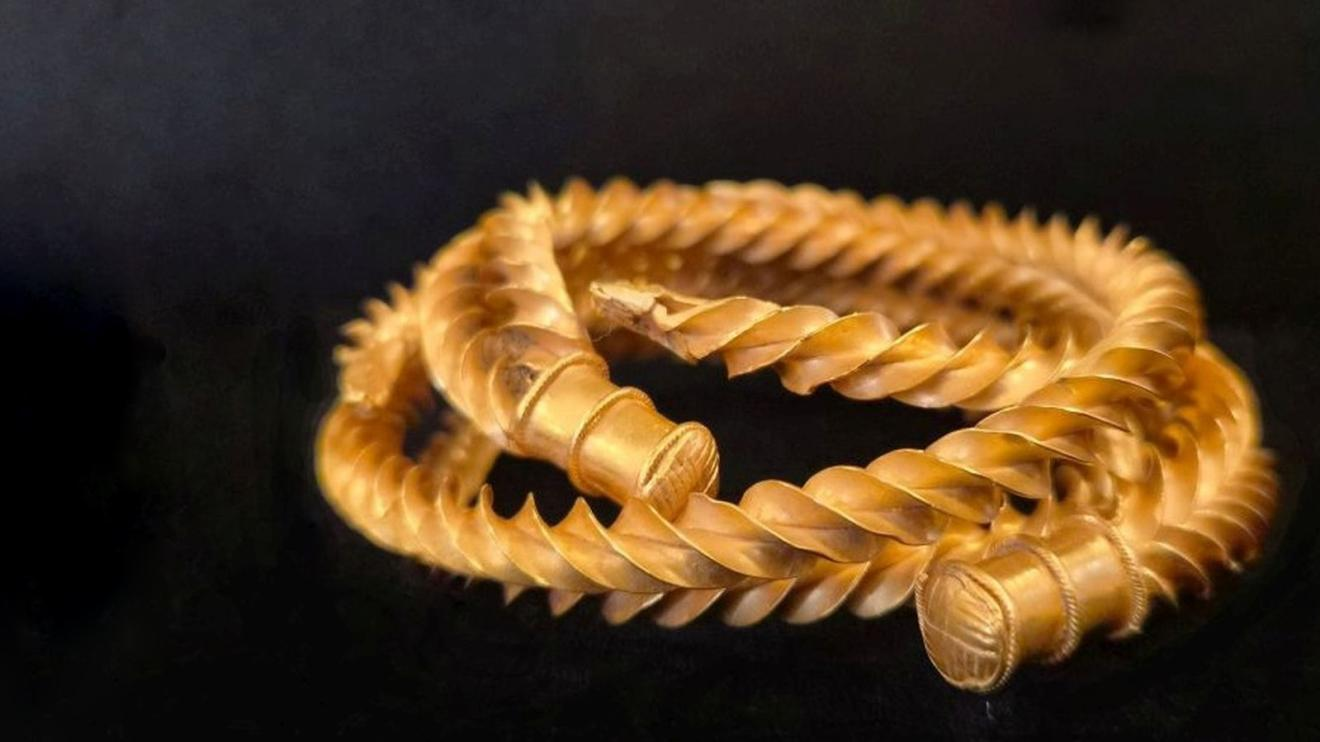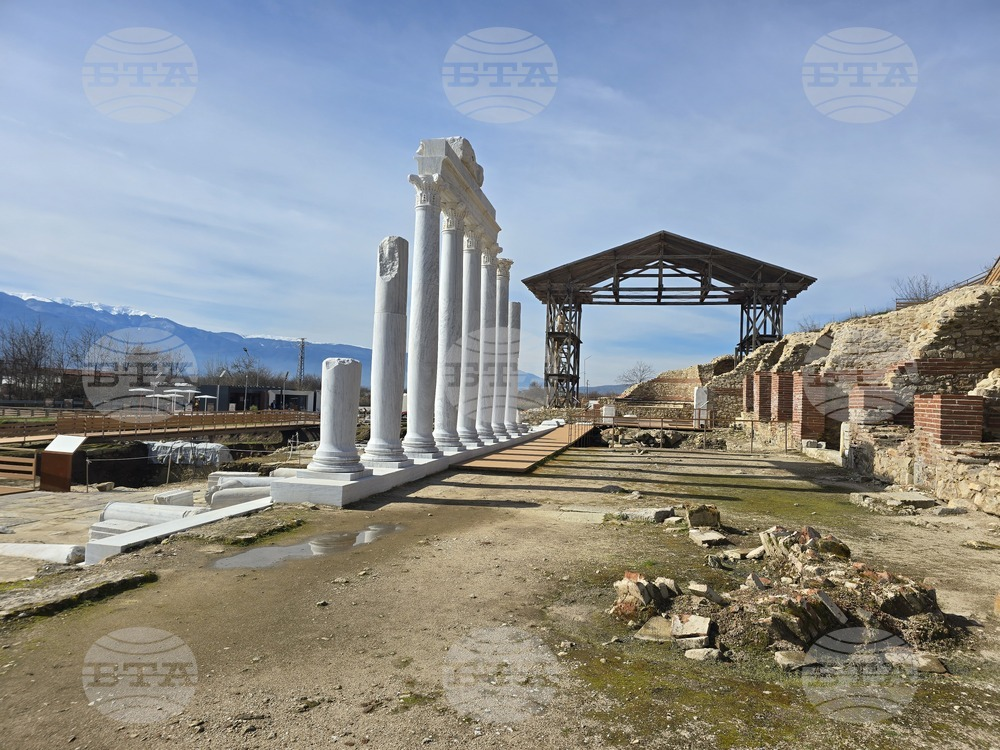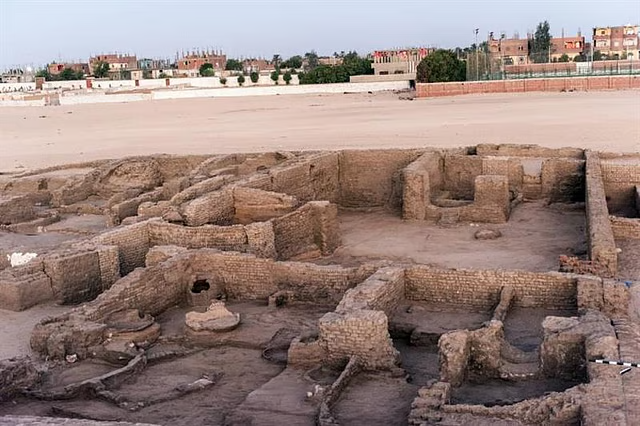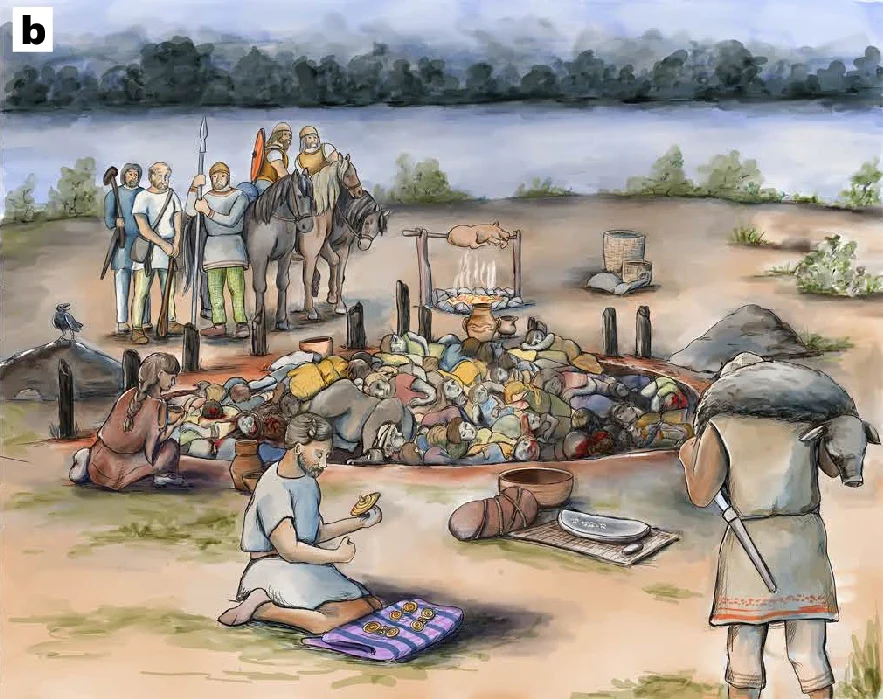The Sea’s Supreme Deity
Poseidon, one of the twelve Olympian gods, held dominion over the seas, rivers, and earthquakes. Feared and revered in equal measure, he could calm the waters for sailors or summon devastating storms. His role in Greek mythology underscores the importance of the natural world in shaping human life and culture.
Myths and Stories
Poseidon appears in numerous myths, often interacting with gods, heroes, and mortals. He competed with Athena for the patronage of cities, contributed to the Trojan War, and challenged heroes like Odysseus. His temperamental nature reflected the unpredictable seas and the risks of seafaring life in the ancient world.
Worship and Cultural Influence
Coastal communities, sailors, and traders honored Poseidon through temples, rituals, and festivals. Offerings and sacrifices sought his favor for safe voyages, bountiful catches, and protection from natural disasters. His influence extended beyond mythology, shaping daily practices, maritime commerce, and cultural traditions across Greece.
Symbolism and Legacy
Poseidon represents both the power and unpredictability of nature. His myths communicate lessons about respect, caution, and reverence for forces beyond human control. Even today, he remains a powerful symbol in literature, art, and popular culture, embodying the ancient human fascination with the ocean’s might.


